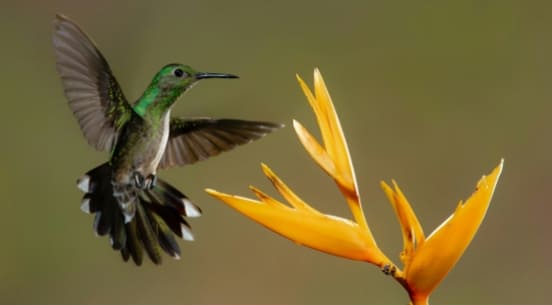
Marine mammals, such as dolphins, whales, seals, and sea otters, are some of the most captivating creatures on Earth. Though they live in water, these animals are warm-blooded and have developed extraordinary adaptations to thrive in aquatic environments. From their remarkable intelligence to their ability to dive to incredible depths, marine mammals play a vital role in the health of ocean ecosystems.
One of the most well-known marine mammals is the dolphin. Dolphins are highly social animals known for their playful behavior and impressive intelligence. They live in pods, where they use complex communication systems, including clicks, whistles, and body language, to interact with one another. Dolphins are also known for their ability to echolocate—using sound waves to navigate and find prey, even in murky or dark waters.
Whales, the largest animals on the planet, also exhibit remarkable behavior. Species like the humpback whale are known for their long migrations, traveling thousands of miles between feeding grounds in polar regions and breeding grounds in warmer waters. These gentle giants are filter feeders, using baleen plates to strain tiny organisms like krill and plankton from the water. Despite their size, whales play a crucial role in regulating marine ecosystems, particularly through the "whale pump," which circulates nutrients between ocean layers.
Seals and sea lions are another group of marine mammals that have adapted to life in both water and on land. Their streamlined bodies and strong flippers make them excellent swimmers, allowing them to hunt fish and squid. On land, they come ashore to rest, molt, and give birth. Many species of seals are considered sentinel species, meaning their health reflects the overall condition of their marine environments.
Sadly, marine mammals face numerous threats from human activities, including pollution, overfishing, and habitat destruction. Conservation efforts are critical to ensuring their survival. Marine protected areas, regulations on fishing practices, and reducing plastic pollution in the oceans are just a few ways we can protect these incredible animals and the ecosystems they inhabit.